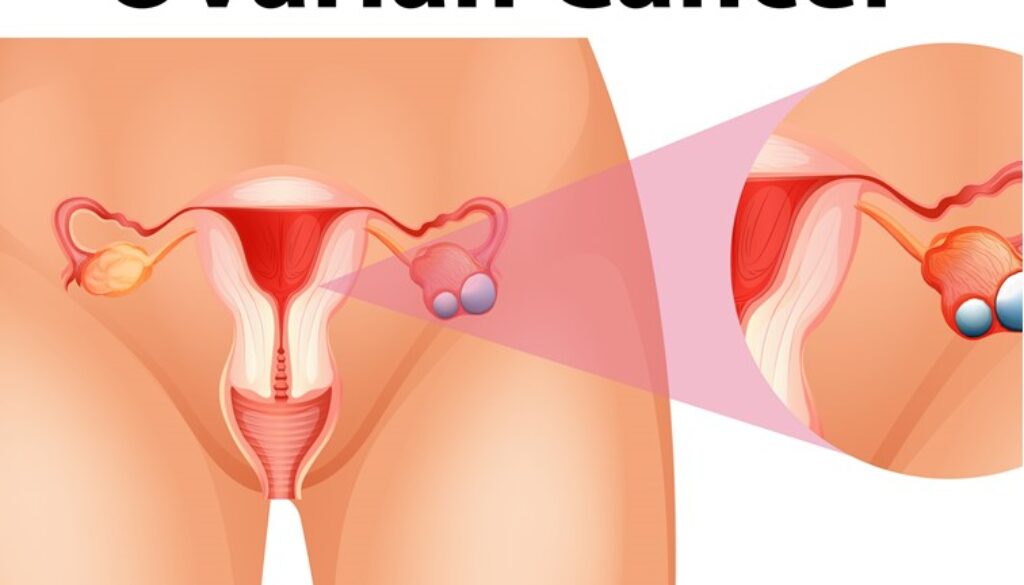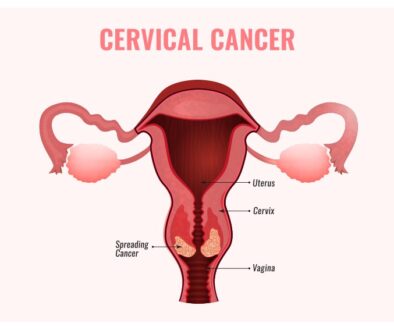Surgeries for Advanced and Recurrent Ovarian Cancers
Ovarian Cancer Surgery | Dr. Geetha Nagasree
Ovarian cancer can be persistent, refractory or recurring. Some patients who have been tested positive and got treated may face this problem. In some cases, following initial treatment cancer can recur. Oncologist, therefore, recommend surgery, chemotherapy and radiation therapy. Some patients respond well to systemic treatment with chemotherapy, radiation therapy and treatment with poly ADP-ribose polymerase inhibitors or other precision medicines.
Ovarian cancer tends to recur in patients who have been treated for advanced epithelial ovarian cancer.
Those who experiences continued or progressive growth of cancer during treatment are said to have REFRACTORY CANCER.
The Role of Surgery
Ovarian cancer surgery: The prognosis is poor for such patients. For the treatment of advanced and recurrent ovarian cancer, surgery plays a role. It is especially helpful prior to beginning chemotherapy. In general, the treatment may involve surgery, chemotherapy and radiation therapy. Additional surgery to remove recurrent cancer combined with systemic therapy appears to further improve survival when compared to treatment with systemic therapy alone.
Systemic Therapy
Surgery is the baseline or the first line treatment for any type of ovarian cancer. In addition, if the cancer has spread to other tissues and organs of the body, systemic therapy is recommended. It involves used of precision cancer medicines, target therapies and chemotherapy. Furthermore, a combination of therapies involving a combination therapy or immunotherapy is suggested. All these treatments – to a large extent – depend on the effectiveness of the surgical treatment, the duration for which chemotherapy is administered and how far has the cancer recurred.
Selection of Chemotherapeutic agents
For the effective treatment, oncologist recommend chemotherapeutic assays. The assays may help in the selection of the best chemotherapeutic agents. Tumour samples or ascitic fluid is sent to laboratory for assay. Expert pathologist culture tumour cells in media that contains a wide range of chemotherapeutic agents. Next, they select agents that have good efficacy and potential against some stubborn cancerous cells. It is also helpful in avoiding chemical agents that are associated with extreme drug resistance.
Bottom Line
Ovarian cancer surgery often offer relief to patients if they have recurrent ovarian cancer. In general patients with recurrent, persistent or refractory ovarian cancer can benefit from treatments that involves surgery and salvage therapy (a second line systemic therapy). However, treatment options largely depend on the type, nature and the behaviour of the cancer. Based on the whether the cancer is recurrent, persistent or refractory, treatment options differ.
In most of the primary ovarian cancer patients, surgery is the backbone of multimodal therapies. In almost all the cases, the effectiveness of all types of cancer treatments – to a large extent – depends on the success of the surgery and the post-surgical outcome. Despite grading and several other tumour factors – surgical outcome is the single most important prognostic tool for halting the progression and recurrence and improving survival.
Dr. Geetha Nagasree has more than 20 years of extensive experiences in performing advanced and complicated ovarian cancer surgeries. For the most effective treatment of ovarian cancer – meet her once for a one-to-one discussion.




